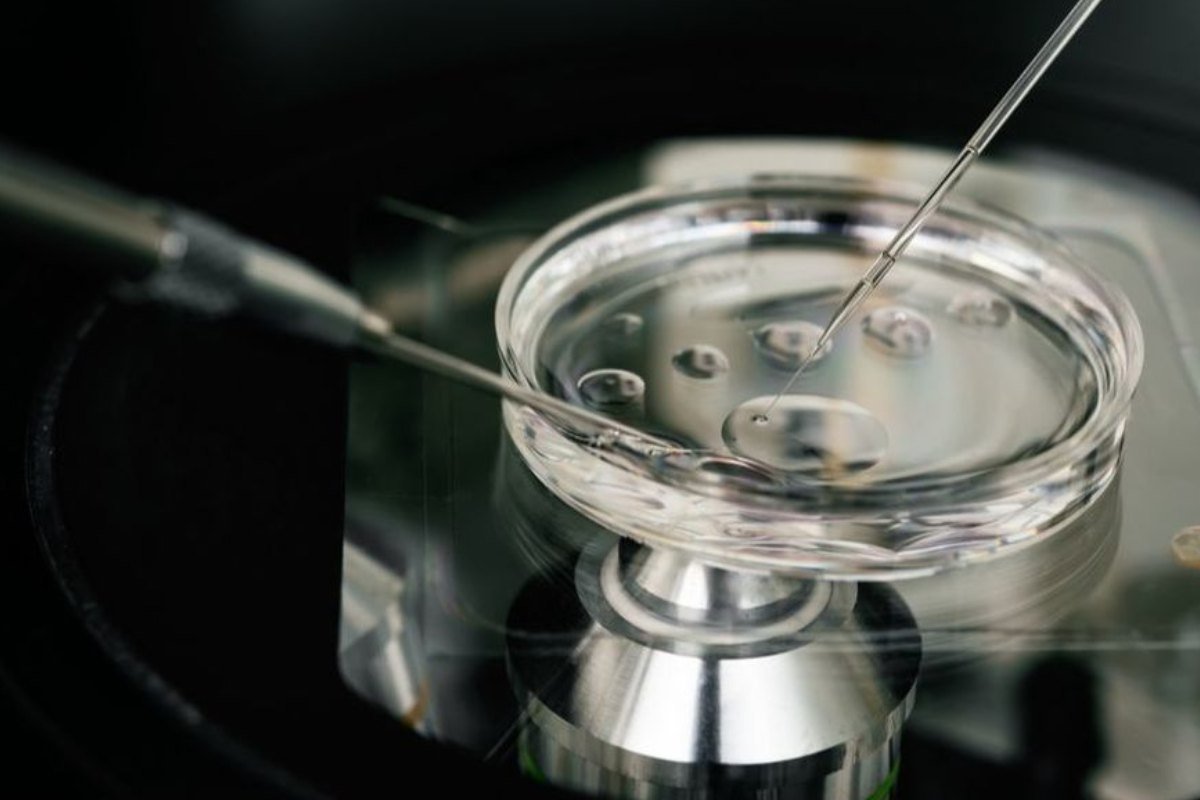Perfect for Complex Fertility Challenges
"ICSI gives couples a higher chance of fertilization success, even with severe male infertility or previously failed IVF attempts."

Intracytoplasmic Sperm Injection (ICSI) is a highly advanced form of IVF used to overcome male infertility challenges. It involves injecting a single, healthy sperm directly into the egg to achieve fertilization—offering new hope to couples struggling with poor sperm quality or motility.
Our ICSI expertise has helped many couples achieve successful pregnancies, even after previous IVF failures or in cases where natural fertilization is unlikely.
ICSI is particularly useful when male infertility factors such as low sperm count, poor motility, or abnormal morphology are present.
ICSI allows embryologists to select a single healthy sperm and inject it directly into a mature egg.
ICSI improves fertilization outcomes in cases of male infertility or failed IVF cycles.


"ICSI gives couples a higher chance of fertilization success, even with severe male infertility or previously failed IVF attempts."
ICSI is safe, effective, and widely used in modern fertility clinics to increase the chances of pregnancy in difficult cases.
ICSI is performed under a powerful microscope using micro-needles to inject sperm into the egg.
ICSI bypasses many natural barriers to fertilization, especially when sperm quality is low.
ICSI is often recommended when traditional IVF has failed due to unexplained or male infertility.
From egg retrieval to fertilization and embryo transfer—our specialists ensure every step is carried out with precision and care.
Healthy eggs are collected from the female partner after ovulation stimulation.
Sperm is collected and analyzed to select the healthiest for injection.
A single sperm is injected into each egg using microneedles under a microscope.

Yes. ICSI has been used safely worldwide for decades, and babies born through ICSI are healthy with no increased risk of abnormalities.
The ICSI procedure itself takes only a few minutes per egg. The entire IVF-ICSI cycle usually lasts 2–3 weeks from stimulation to embryo transfer.
Yes. ICSI has significantly higher fertilization success, especially for male factor infertility or failed IVF cycles.